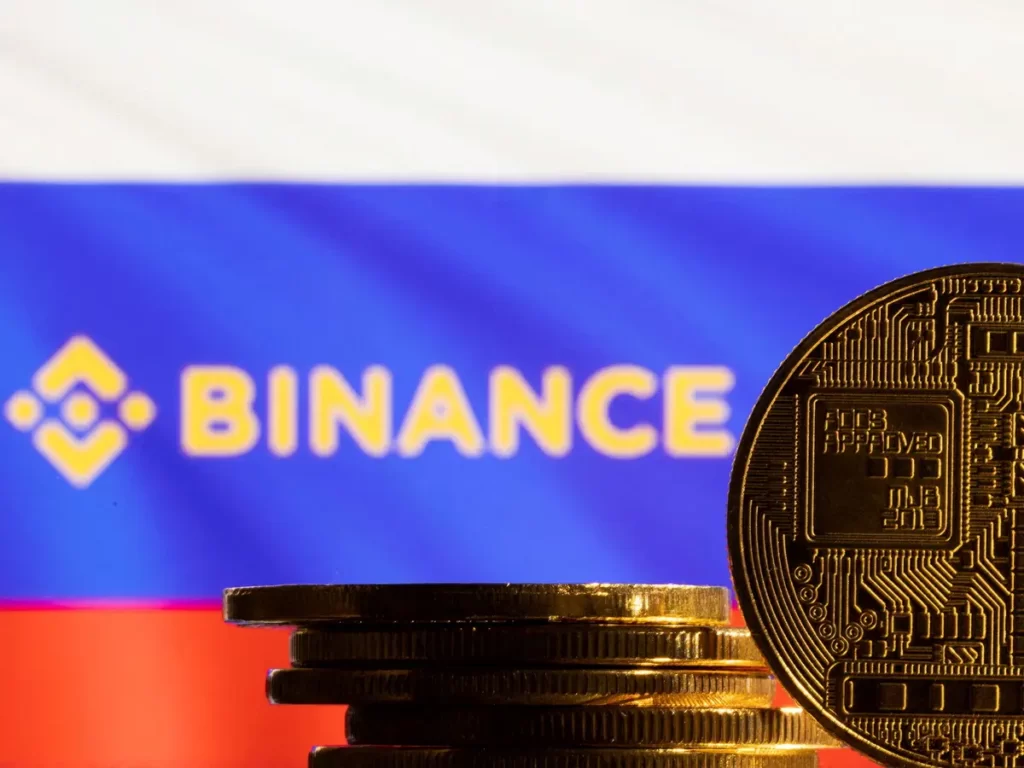Binance servers ties with sanctioned Russian banks amidst allegations of facilitating fund transfers; the company denies claims.

According to the Wall Street Journal, Binance, the leading cryptocurrency exchange, has ceased peer-to-peer operations with several sanctioned Russian institutions.
This action is viewed as an effort to distance itself from allegations that have surfaced, highlighting its potential involvement in facilitating the movement of funds for Russians in the face of heightened global scrutiny.
Legal Difficulties For Binance Due to Russia
Following the beginning of Russia’s offensive in Ukraine, Binance announced a reduction in its Russian operations following the stringent sanctions regime of the European Union. However, this assertion’s veracity has been questioned.
The Wall Street Journal (WSJ) and the Russian Central Bank provide contradictory data sources. Despite Binance’s announcement, records demonstrate that ruble trading continues on its platform. Over six months, the average monthly volume of peer-to-peer transactions between Russian entities was $428 million.
The current system in place at Binance is under the lens for its possible multi-layered intermediaries, which might facilitate sanctioned Russian organizations in converting their funds into Binance balances.
As payment options, Binance’s peer-to-peer platform reportedly included several sanctioned Russian banks, including Rosbank and Tinkoff Bank. The United States Treasury Department is notably alarmed, viewing these numbers as potential avenues for circumventing sanctions.
Despite these concerns, Binance continues to defend itself resolutely. A spokesperson refuted these allegations, emphasizing the exchange’s strict adherence to global sanctions and categorically denying any ties to Russian institutions.
